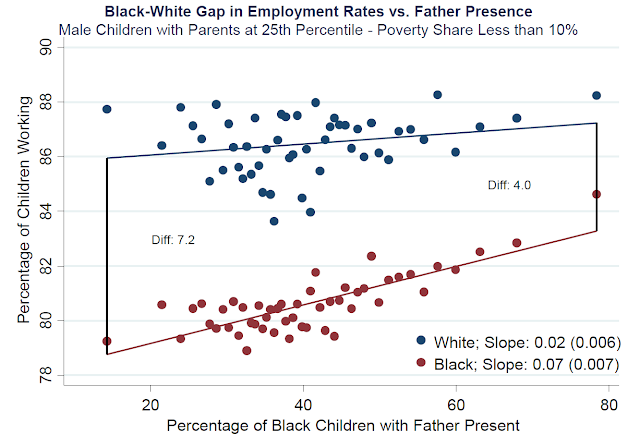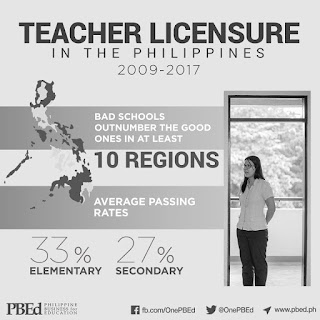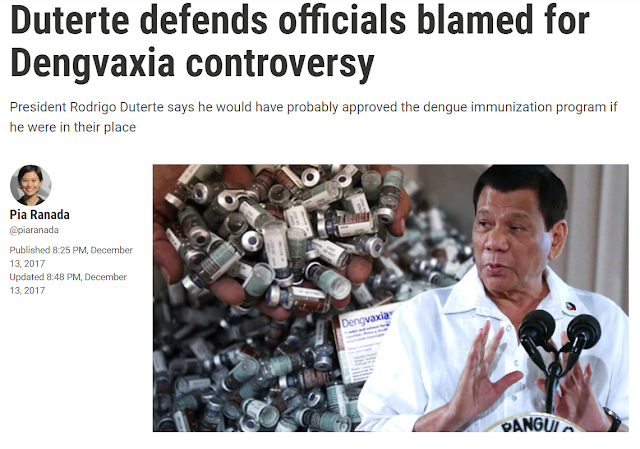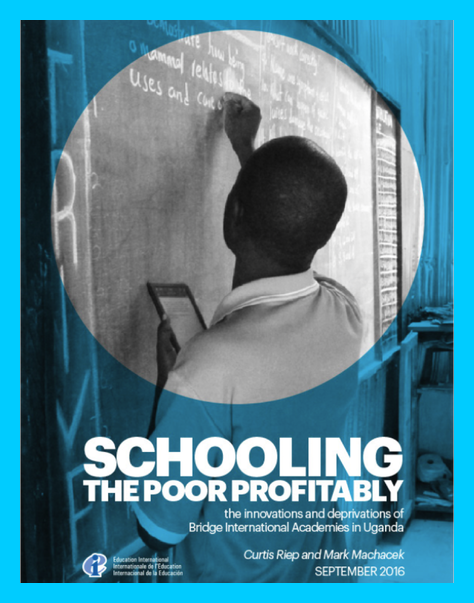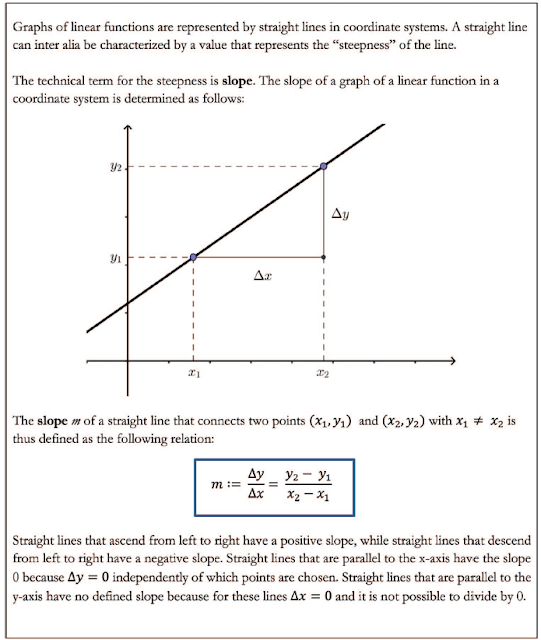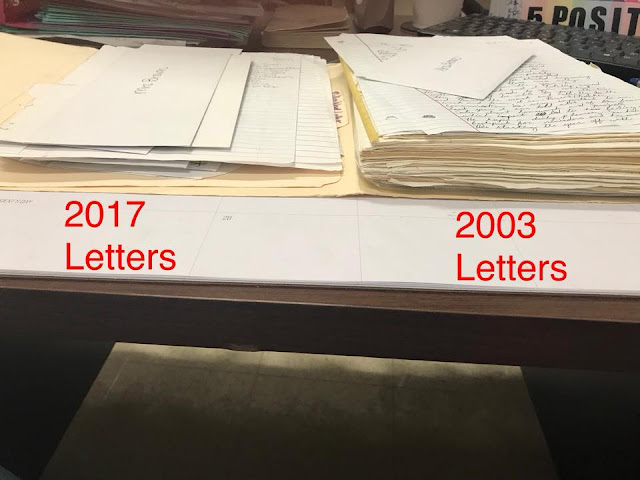Table of Hope: A Reflection

"This painting reveals a story of greater hunger than a plate of rice could satisfy. What these children are starved for is love." - Joey Velasco Today is Holy Thursday. This is a repost of Table of Hope: A Reflection . This song was written in New York City Of rich man, preacher, and slave If Jesus was to preach what He preached in Galilee, They would lay poor Jesus in His grave. - Woody Guthrie

